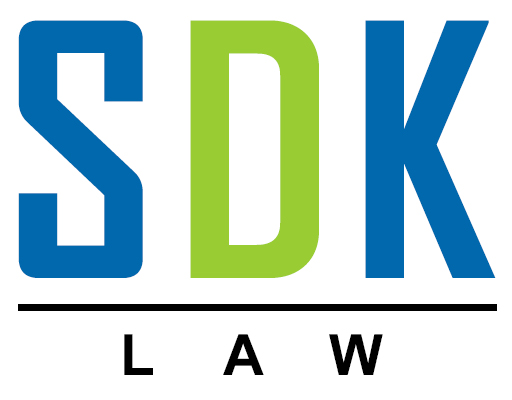Reaching an Agreed Solution
Following a relationship breakdown, there will often be assets to be divided between a couple and this can often lead to difficulties between them. We believe is trying to resolve such situations as quickly band amicably as possible which is particularly important where children are involved.
There may be situations where a settlement cannot be agreed although reverting to the court should be something of a last resort. Indeed, court proceedings can be stressful, costly and unpredictable. The options to explore before any court application are set out below.
Negotiation
Negotiations will usually take place following a separation to try to resolve all financial issues including the future of the matrimonial home and any other assets such as a business. It is of course preferable that your finances are resolved by way of an agreement rather than contested court proceedings. It is always necessary for full details of the financial positions of both parties to be disclosed to each other so that negotiations may then take place.
The negotiations have traditionally taken the form of letters passing between the solicitors although this can often be very costly and time consuming. At Nationwide Divorce, we take a straight forward approach and will often suggest that a ‘round the table’ meeting takes place to discuss the issues in an adult and conciliatory manner which is particularly important where children are involved.
Mediation
If an agreement cannot be negotiated relatively quickly, it may then be appropriate for mediation to take place. This is a process where both you and your spouse or civil partner attend one or more meetings with a trained mediator to try to resolve matters by agreement. This is a voluntary process although it is usually necessary to at least try mediation before any Court application can be made.
You are of course still able to consult with your solicitor during the process and before you make any final decisions. Indeed, we will always advise you on the merits of any proposed agreement before this is committed to writing by a mediator. Should this course of action be appropriate, then we will explain how it operates, together with details of costs involved and will make any referral for you. We do however find that the vast majority of cases where we are involved will be settled by agreement at a ‘round the table’ meeting.
Collaborative Law
Our Anthony Vingoe is a trained Collaborative lawyer. This is a relatively new procedure whereby divorcing or separating couples work together as a team with their solicitors (who have to be trained in this area) and agree to try to reach an agreement without going to Court. Each person then has the guidance and protection of his or her solicitor and will all meet on one or more occasions to discuss the issues and try to reach an agreed solution.
The solicitors actually have to agree not to apply to the Court and a contract known as a ‘Participation Agreement’ would be signed to confirm this. If an agreed solution is reached, the solicitors will then incorporate this into a legally binding Court Order.
However, where no agreed settlement can be achieved then an application to the court is the last resort and the solicitors involved in the Collaborative process must then withdraw from the case thereby necessitating you to engage the services of a different solicitor. It is for this reason that the collaborative process is often declined by clients and why we promote the ‘round the table’ meeting approach.
